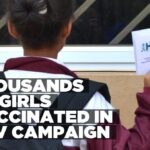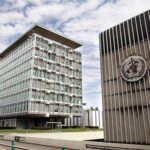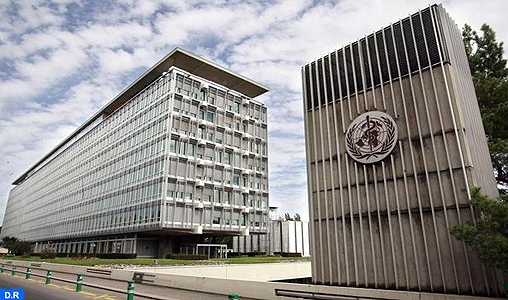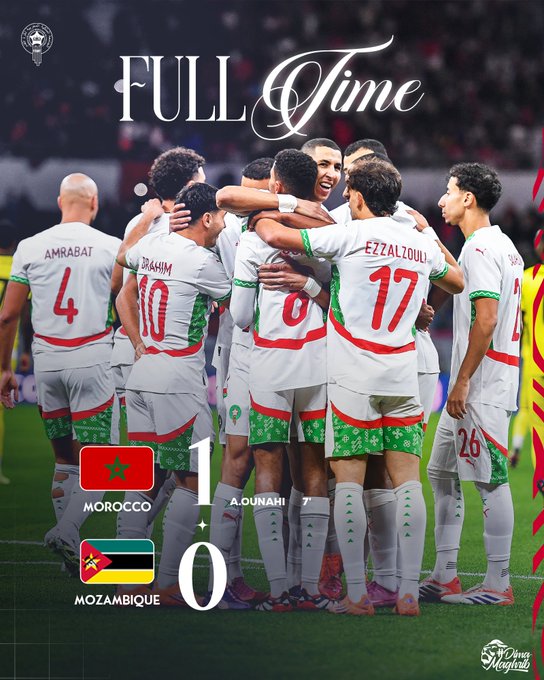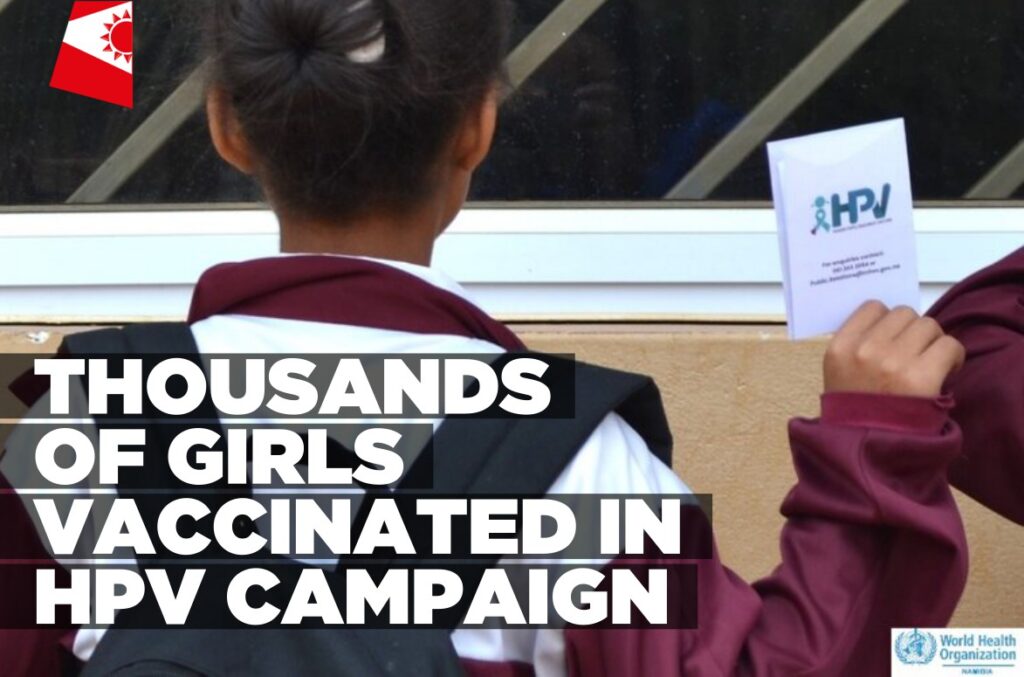
Staff Reporter
TEN-YEAR-OLD Andra Chigova from Windhoek is among the thousands of Namibian girls who have received the human papillomavirus (HPV) vaccine, which protects against the virus responsible for most cervical cancer cases.
“I just got my HPV vaccination. Do not be scared – the HPV vaccine will protect us in the future against cervical cancer,” said Chigova, encouraging other girls to get vaccinated.
The HPV vaccination campaign, launched by the Ministry of Health and Social Services in August 2025 with support from the World Health Organisation (WHO) and partners, targets approximately 232,000 girls aged 9 to 14 across all 14 regions of Namibia. During the first two weeks of the rollout, from 4 to 15 August, around 65,000 girls were vaccinated.
Chigova’s mother, Temptation Chigova, said she was relieved to know her daughter would be protected from cervical cancer. “Nothing makes me happier than knowing my daughter is now safe. I have seen the devastating impact this disease has on women and their families. I am truly grateful to the Government of Namibia for ensuring that our daughters will not have to endure the same pain,” she said.
Globally, cervical cancer is the fourth most common cancer among women, with an estimated 660,000 new cases and 350,000 deaths in 2022, nearly 94% of which occurred in low- and middle-income countries. In Namibia, cervical cancer remains a major health concern, with around 350 new cases and more than 200 deaths each year.
To address this, Namibia has aligned itself with the WHO Global Strategy to Accelerate the Elimination of Cervical Cancer, which aims to vaccinate 90% of girls by age 15, screen 70% of women by ages 35 and 45, and ensure 90% of women diagnosed with cervical cancer receive timely treatment. The national HPV vaccination drive forms a key pillar of this strategy.
At Groot Aub Clinic outside Windhoek, nurse Ramona Mbadeka said health workers are working closely with parents to educate them about the vaccine and dispel misinformation. “Some parents who initially refused to allow their daughters to be vaccinated later agreed after attending an information session,” she said. “The vaccine is voluntary, and we encourage parents to make informed choices based on accurate information.”
Health and Social Services Minister Dr. Esperance Luvindao assured the public that the vaccine is both safe and effective. “We are seeing far too many women affected by a preventable disease,” she said. “We welcome questions from the public and want families to make decisions based on facts, not fear or misinformation.”
Before and during the campaign, WHO worked with the Ministry to provide technical and logistical support, including training for health workers, supervision of vaccination sites, and strengthening of community engagement. WHO also helped develop the National HPV Vaccine Introduction Plan and a communication strategy to counter misinformation and promote vaccine awareness.
“The ongoing HPV vaccination campaign aims to prevent infection, protect health, and save the lives of young girls from cervical cancer for years to come,” said Dr. Richard Banda, WHO Representative in Namibia. “We commend the Government of Namibia for achieving this important public health milestone.”
For Andra Chigova, the campaign represents hope and empowerment. “Now I feel happy because I know I am protected,” she said with a smile.
Source: World Health Organisation – Namibia

